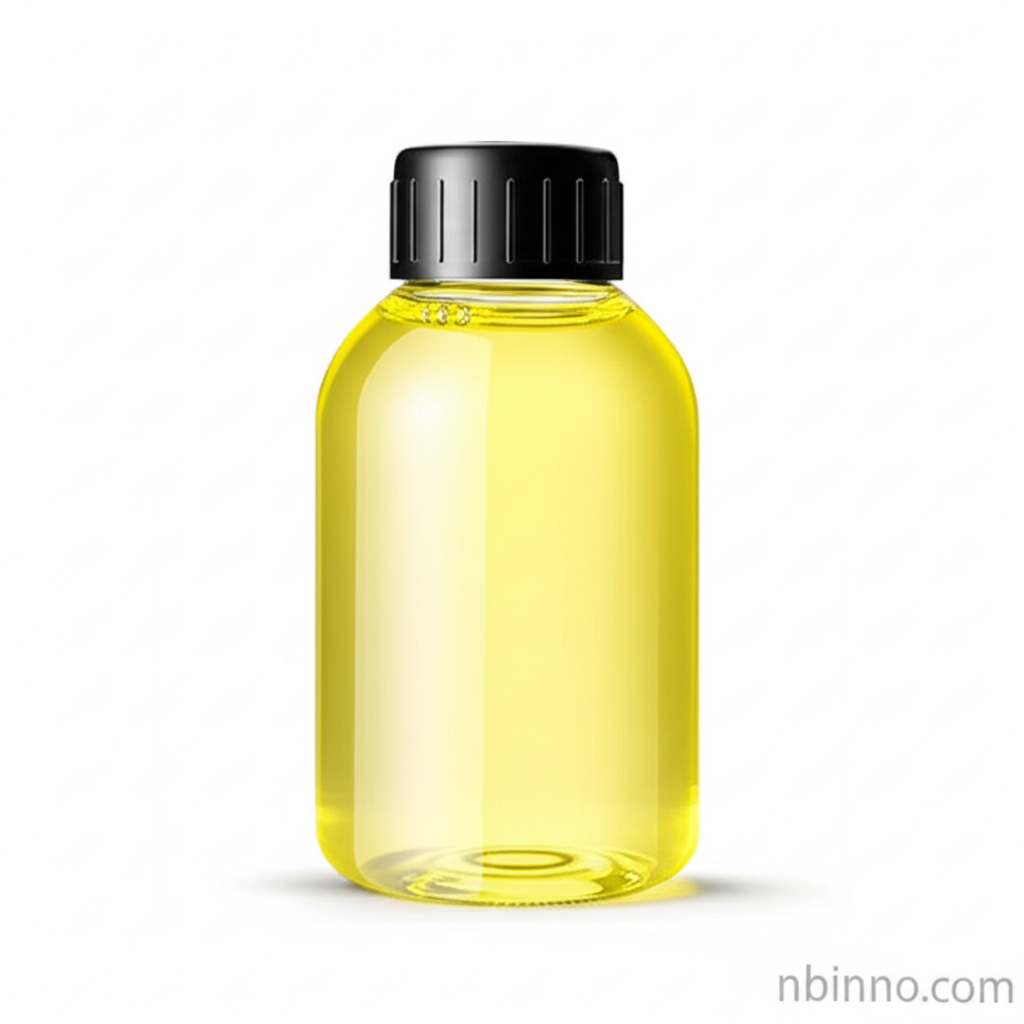4-Vinylbenzyl Chloride CAS 1592-20-7: Properties, Applications, and Safety
Discover the essential properties and diverse applications of this key chemical intermediate.
Get a Quote & SampleProduct Core Value

4-Vinylbenzyl Chloride
4-Vinylbenzyl Chloride is a vital bifunctional organic compound, distinguished by its vinyl and benzylic chloride functionalities. This unique structure makes it highly reactive and exceptionally useful in a variety of chemical processes. Its primary role as a monomer allows for the creation of diverse polymer architectures, including ion-exchange resins and photoresist polymers, significantly impacting fields like water treatment and electronics.
- Synthesis of Specialty Polymers: Leveraging the vinyl group, 4-vinylbenzyl chloride serves as a key monomer for creating specialized polymers with tailored properties for advanced material applications.
- Chemical Intermediates: This compound is crucial in the synthesis of various fine chemicals, including quaternary ammonium salts, which find use as biocides and phase transfer catalysts, highlighting its role in the chemical synthesis pathway.
- Coatings and Adhesives: Its polymerization capability contributes to the development of robust coatings and adhesives, offering enhanced durability and adhesion in demanding industrial environments.
- Reactive Building Block: The combination of reactive sites makes 4-vinylbenzyl chloride an indispensable building block for complex organic molecules and functionalized materials, critical for research and development in material science.
Advantages It Brings
Versatile Reactivity
The dual functionality of 4-vinylbenzyl chloride, featuring both a polymerizable vinyl group and a reactive chloromethyl group, offers unparalleled flexibility in chemical synthesis and material design, making it a sought-after chemical intermediate.
Broad Application Scope
From advanced polymers for electronics to essential components in coatings and adhesives, its utility spans numerous industries, underscoring its importance in various 4-vinylbenzyl chloride applications.
Tailored Material Development
It acts as a foundational component for creating custom polymers and resins, enabling the precise engineering of materials with specific thermal, mechanical, and chemical resistance properties, crucial for polymer synthesis.
Key Applications
Polymer Synthesis
As a reactive monomer, it's instrumental in creating polymers like poly(vinylbenzyl chloride), essential for ion-exchange resins and electronic materials, showcasing its role in advanced polymer synthesis.
Chemical Intermediates
It serves as a vital intermediate for synthesizing quaternary ammonium salts, biocides, and surfactants, demonstrating its value in broader chemical synthesis.
Coatings and Adhesives
Its ability to form cross-linked networks enhances the durability and adhesion of coatings and adhesives, crucial for protective applications in various sectors.
Functional Materials
Used in preparing functionalized surfaces and as a building block for copolymers, it facilitates the development of materials with precisely engineered properties for niche markets.
